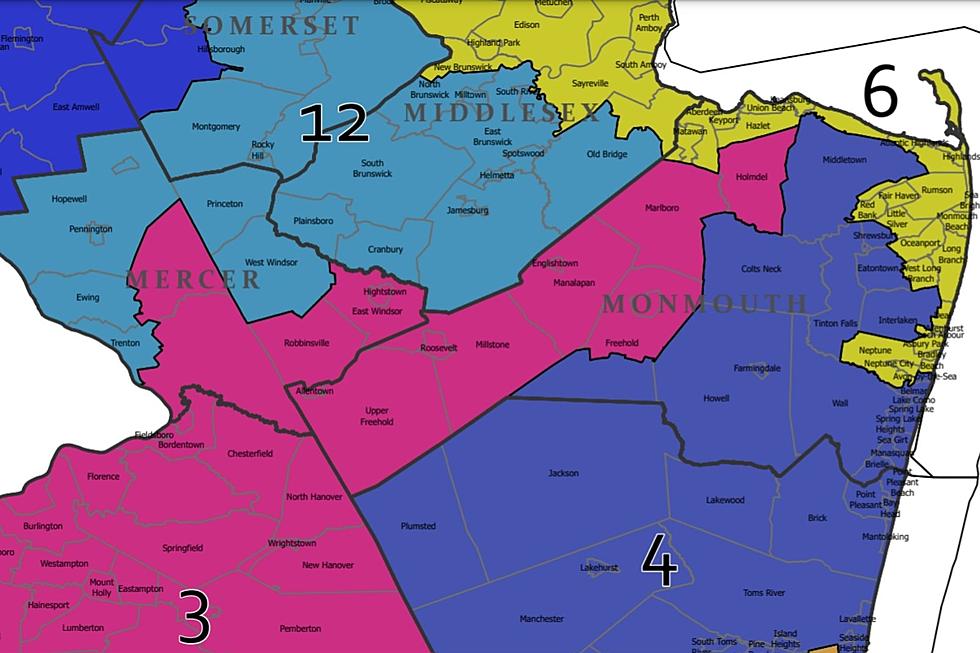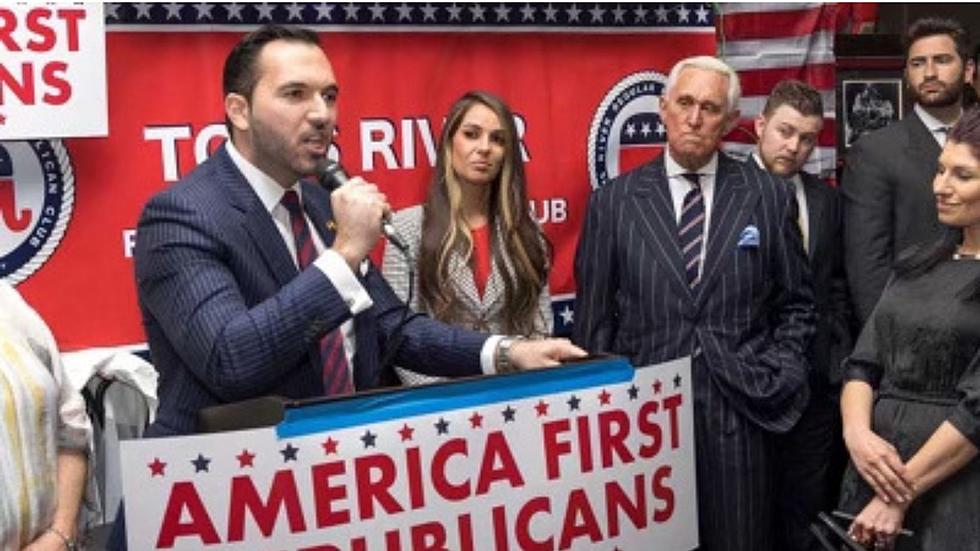
Does President Obama have authority for immigration changes?
WASHINGTON (AP) -- President Barack Obama's announcement of sweeping changes to the nation's immigration system is likely to lead to a battle over legality. Is he on solid legal ground?
For months the White House and Obama's supporters have insisted that he has the authority to direct immigration authorities to exercise discretion in deciding which immigrants in the country illegally will face deportation and which won't. He was describing his plan Thursday night.
But Republicans in Congress disagree with the White House view. They have called Obama's plan an unconstitutional power grab.
"The president seems intent on provoking a constitutional crisis by adopting policies that he previously said were illegal," said Republican Sen. John Cornyn of Texas.
Incoming Senate Majority Leader Mitch McConnell, R-Kentucky, said "Congress will act" to stop the president's executive actions when his party takes control of the Senate in January.
In recent days the White House and others have pointed to previous presidents, including Republicans Ronald Reagan and George H.W. Bush, who acted unilaterally on immigration.
A year after Reagan and Congress enacted an overhaul that gave legal status to up to 3 million immigrants who had no authorization to be in the country in 1986, Reagan's Immigration and Naturalization Service expanded the program to cover minor children of parents granted amnesty. Spouses and children of couples in which one parent qualified for amnesty but the other did not remained subject to deportation, leading to efforts to amend the 1986 law.
President George H.W. Bush in 1990 established a "family fairness" program in which family members who were living with a legalizing immigrant and who had been in the U.S. before passage of the 1986 law were granted protection from deportation and authorized to seek employment. The administration estimated that up to 1.5 million people would be covered by the policy. Congress later made the protections permanent.
At issue is how far Obama can go on his own to shield from deportation immigrants who are in the country illegally. The administration and its supporters have argued that the use of prosecutorial discretion - the ability to decide which cases will be pursued by prosecutors, either in immigration or criminal court - allows the president to decide which groups of immigrants should be a priority. Obama has argued that he can go one step further and use a provision in immigration law called "deferred action" to formally protect particular immigrants from deportation.
Immigrants granted deferred action are also eligible for work permits.
What the president can't do is halt all deportations, or permanently change the immigration status of any specific group of immigrants. Only Congress has that power.
While the president's proposals have been cleared by lawyers from both the Homeland Security and Justice departments, there's no guarantee that Republican lawmakers or others won't head to court to try to stop any executive changes.
It's unclear how such a challenge would fare. A lawsuit challenging the 2012 program that protects many young immigrants from deportation was challenged in federal court in Texas but was dismissed on technical grounds.
---
Follow Alicia A. Caldwell on Twitter at www.twitter.com/acaldwellap
More From New Jersey 101.5 FM









